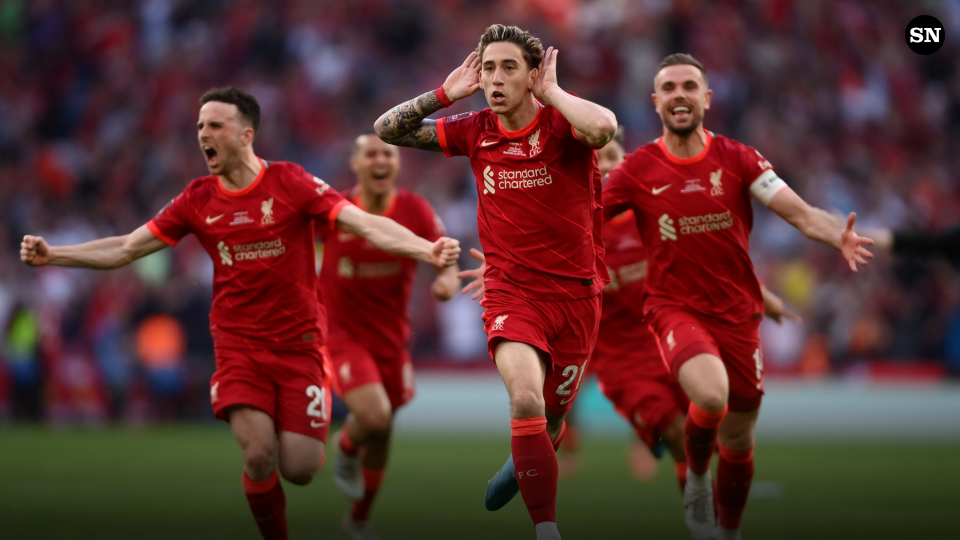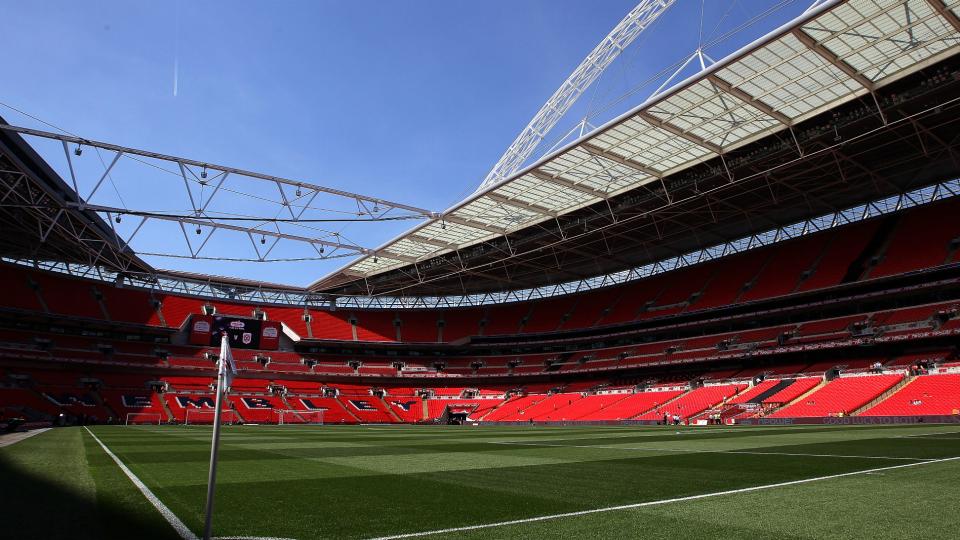Hundreds of teams will be dreaming of money-spinning ties against Premier League giants when the FA Cup kicks off for the 2022/23 season, launching a competition that will last almost 10 months.
An away trip to a stadium such as Liverpool’s Anfield can be financially transformative for clubs lower down the English pyramid, while upsets of the kind Middlesbrough enjoyed against Manchester United at Old Trafford in 2022 are often the highlight of a season for the winners.
Liverpool will be defending the title they won in dramatic fashion against Chelsea in May 2022, beating the Blues on penalties at Wembley for the second time in under three months to add the trophy to their EFL Cup glory.
This season’s competition is certain to be an unusual one before the action on the pitch has even begun. Here’s how it looks:
MORE: Complete FIFA World Cup schedule 2022

When are the 2022/23 FA Cup round dates?
The FA Cup officially starts on the same weekend as the Premier League begins, pitting non-league teams against each other in the earliest preliminary round at the start of August.
Minnows have to play as many as six qualifying rounds before the first round proper at the start of November, when teams from the bottom two league divisions in England – League One and League Two – join the party.
There are almost always memorable upsets at that stage of the competition, although the greatest giant-killings arrive at the start of January.
At that point, 20 Premier League teams and 24 clubs from the second tier, the Championship, begin their campaigns.
| Round | Date (weekend of) |
| Extra Preliminary Round | Aug. 6, 2022 |
| Preliminary Round | Aug. 20, 2022 |
| First Round Qualifying | Sept. 3, 2022 |
| Second Round Qualifying | Sept. 17, 2022 |
| Third Round Qualifying | Oct. 1, 2022 |
| Fourth Round Qualifying | Oct. 15, 2022 |
| First Round Proper | Nov. 5, 2022 |
| Second Round | Nov. 26, 2022 |
| Third Round | Jan. 7, 2023 |
| Fourth Round | Jan. 28, 2023 |
| Fifth Round | Mar. 1, 2023 |
| Quarterfinal | Mar. 18, 2023 |
| Semifinal | Apr. 22, 2023 |
| Final | Jun. 3, 2023 |
MORE: Premier League 2022/23 kits: New jerseys revealed
When is the FA Cup final?
That final date, June 3, traditionally represents a showpiece end to the regular domestic season in England.
Even though the finalists have already won at Wembley in the semifinals by that point, the showdown at the national stadium remains an iconic day on the sporting calendar.
Wembley is arguably the most prestigious place most supporters can hope to see their teams play at, especially for fans unfamiliar with their clubs reaching finals.
The staging of the FA Cup at 3pm on a Saturday in May was long held as sacrosanct. In recent times, though, kick-off has tended to take place later in the day. In 2022/23, the final began at the curious time of 4:45pm because of the Eurovision Song Contest.

Are Premier League teams playing on the same day as the FA Cup final?
There was a time when the idea of Premier League games taking place within hours of the final would have seemed ridiculous, but those days now seem as distant a memory as the sanctity of the 3pm kick-off time.
Manchester United won the Premier League on the same day as the 2011 final, and one league game took place on the final date in the two years that followed.
The FA said it had responded to popular demand from fans and the media when it decided to schedule the final after the closing round of league games again from 2014 onwards.
In 2023, the final will take place a week after the Premier League season ends on May 28.
Has the 2022 FIFA World Cup affected the FA Cup final?
The 2022/23 season in Europe is set to have a schedule unprecedented in history, in common with leagues around the world negotiating disruption caused by a World Cup in November and December.
The Premier League season kicks off on its earliest ever date in order to accommodate the break in games for the World Cup, and the FA Cup final will take place in June for the first time.
The changes enforced by the first ever World Cup to be held in the winter have angered many fans — especially purists — and will doubtless be broadly unpopular among managers.
Should English teams reach the UEFA Champions League final on June 10, their players who are also taking part in the World Cup will have played for more than 10 months without any substantial break.





